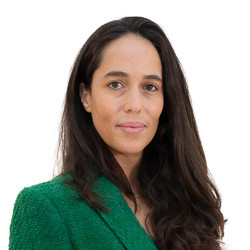Mexico
The Context
Despite being a large, upper-middle-income country, Mexico struggles with high rural poverty levels and wide social and economic disparities. While just one in four Mexicans live in rural areas, they represent roughly two thirds of the extremely poor. Moreover, four in ten Indigenous Peoples are extremely poor, compared with one in five non-indigenous rural people.
Mexico's agriculture sector is facing increasing vulnerabilities and degraded natural resources. Rural people are constrained by inadequate investment, infrastructure, technical assistance and access to markets. Lack of access to financing is a key challenge with less than three in 10,000 poor rural households having access to credit. These constraints result in low productivity, consumption and incomes.
Key crops, such as coffee and seasonal white corn, are frequently exposed to both climate and market shocks.
The Strategy
IFAD gives priority to climate adaptation strategies and activities that support Indigenous Peoples, youth and women.
Key activities to reduce poverty and improve productivity include:
improving small-scale farmers‘ assets, capacities, and access to goods, services and markets; and
contributing to the Government’s efforts to make public spending on small-scale farmers more sustainable, transparent, efficient and equitable.
Country Facts
- Mexico is the second-largest economy in Latin America.
- At least 6.2 million Mexicans speak one of the country’s 89 indigenous languages.
- Mexico has the lowest rates of food insecurity and undernourishment in Mesoamerica.
- Obesity affects more than one in three adults.

